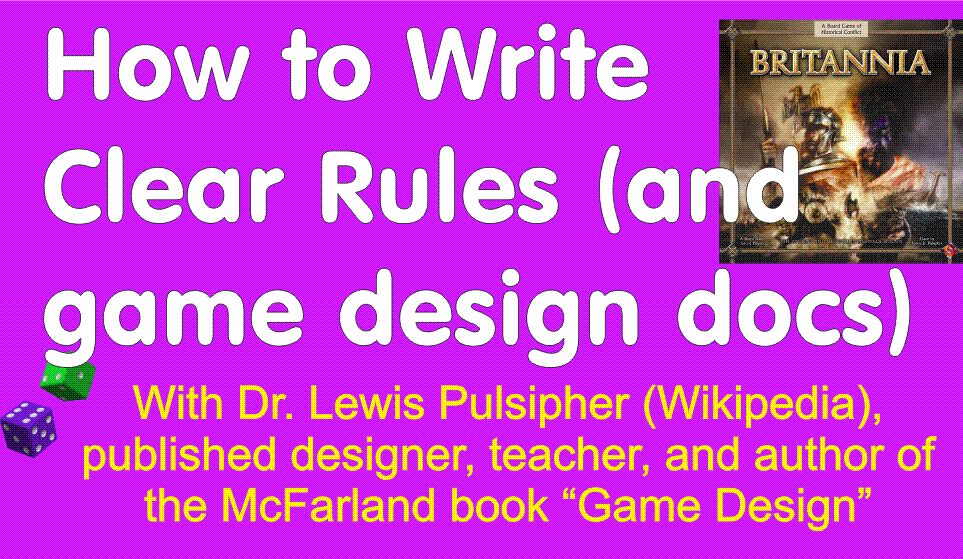In high school, the teacher is expected to think for you, to package everything in small digestible bits that can be memorized for multiple-choice tests. For the most part, you are trained, not educated, taught to memorize how to do something, rather than understand how to do something, or to memorize facts instead of understanding how systems work. Problem-solving is not part of that package, for sure.
High schoolers become accustomed to the thinking part of their brain being in first gear, or park, rather than in top gear. “Idle”.
Game design is all about critical thinking; one well-known “indie” video game designer says it’s 99% critical thinking, though I won’t go quite that far. The teacher cannot think for you, in game design, you have to think for yourself. And thinking is undoubtedly hard.
Too many people think they can get an idea and someone else will do the work–work which involves a great deal of thinking. Too many think they can easily make a game “just like such-and-such but better”, having no idea how hard it is to make really good games (it’s easy to make poor ones). When they’re posed the problem of making a game that isn’t “just like such-and-such”, they are floored.
Further, game design is about problem-solving. In general, a prototype game is broken. The game designer must figure out ways to fix it, and then ways to make it even better even though it works, because lots of games that work aren’t really very good. These are all problem-solving exercises.
If the initial conception is fundamentally good, then there’s a lot of work to be done to get a good (or better) game out of it. If the initial conception is poor, then it will be difficult if not impossible to get a decent game out of it, and that will require abandoning some of the original conception. Even if the initial conception is “wonderful”, there are thousands of ways to mess it up.
Yes, there are hard jobs that are nonetheless rewarding and even fun. Dave Duncan, a well-known science fiction and fantasy novelist, didn’t start publishing novels until he was laid off from Canadian oil fields at over 50 years old. After 33 novels, he said writing (which is largely thinking) was still hard work.
Sometimes, designing games is hard work because thinking is hard work.
Monday, October 4, 2010
Subscribe to:
Post Comments (Atom)
"Always do right--this will gratify some and astonish the rest."Mark Twain
"A designer knows he has achieved perfection not when there is nothing left to add, but when there is nothing left to take away." Antoine de Saint-Exup'ery
"Not everything that can be counted counts, and not everything that counts can be counted." Albert Einstein
"Make everything as simple as possible, but not simpler." Albert Einstein





2 comments:
Heh, good choice of title for this post. I work in game design and I agree 100%. Most people, when I tell them what I do, assume I play video games all day. They don't realize that GD is a combination of math, programming, and art. Cheers, and happy 2011!
I don't know if you still write on this blog but I'm glad I found it. I was recently hired to teach game design at a magnet (pre-engineering middle school). I am not a video game designer. I have a degree in art and education. I have taken several digital media course but have never done computer programming. It has been a challenge to say the least! I am doing as much research as I can (as there is no curriculum for me to follow). I discovered Scratch and have been using it with my students. I think it is the perfect program for middle school and me:). But I still struggle with the programming. Sometimes the kids get it before I do! But I do love the multi-media aspect of Scratch. I would appreciate any advice you can offer me.
Thank you!
Post a Comment